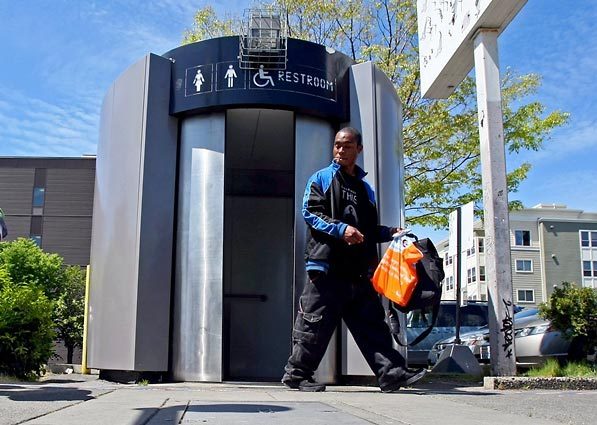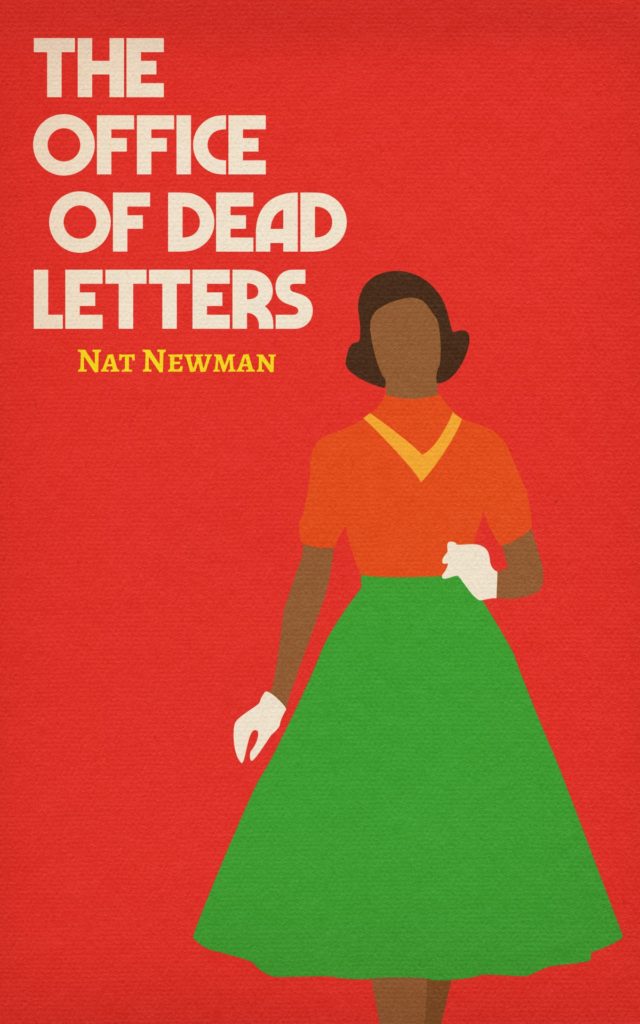It’s old news now, but in case you didn’t know Seattle has finally offloaded its troublesome spaceship toilets (see previous posts here and here and here).
The 5 toilets which sold for $US12,549 cost Seattle $5 million – and most articles are painting it as some spectacular failure. But the $5 million includes more than $500,000 for cancelling the contract early, as well as installation and removal costs. The city did get 4 years of (questionable) service from the facilities so the amount lost isn’t as massive as it first looks, particularly as it will be saving on future contract costs.
It’s now time to look at the positives. The old toilets cost $3.75 per use to run and used 2 to 4 times more water than an ordinary toilet. This is a real opportunity for Seattle to go green and install toilets (or ‘restrooms’ as those Americans quaintly call them) which use solar power, dual flush systems and motion sensors for lighting, like at Michigan State Park.
Now, over in New York (over? Down? Up? My US geography is shite. Is there a map here somewhere?), their spaceship toilets seem to be going along nicely. The fact that they cost 25 cents might help, as might the fact that they’re run and maintained by an advertising mob and are situated in good neighbourhoods with no other facilities. Toilets are all about location, location, location. As the hot dog vendor in the Gothamist article astutely observes, his “neighbourhood is not good for that type of thing”. Bad neighbourhoods is when good toilets go… bad.
Actually, charging a small amount for using toilets is a great idea. I’ve always been a fan, as long as the toilets are up to it. If you’re ever in Zagreb, the toilets at the train station are awesome. Sure, the woman who takes your money is surly as hell, but the toilets are clean, there’s always plenty of loo roll, and the whole experience (except for the surly woman) is really pleasant. Totally worth the 4 Kuna.
As my dad says, give someone something for nothing and they’ll treat it like it’s worth nothing.
Hopefully the man who bought the Seattle loos gets what he paid for.




